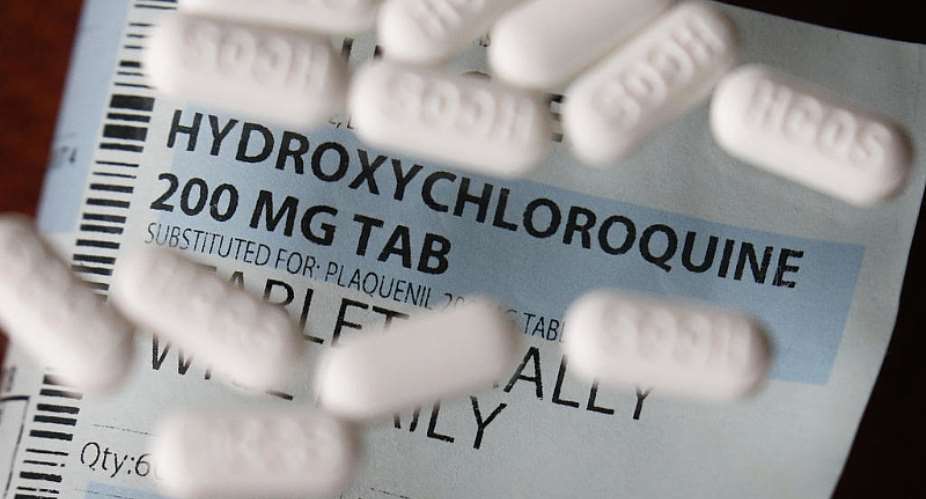More than 100 scientists have raised concerns over a influential study of hydroxychloroquine and chloroquine that led the World Health Organisation to suspend clinical trials to determine if the drugs could be an effective treatment for Covid-19.
Published last week in The Lancet, the large-scale study suggested the malaria drugs could be dangerous to people with severe cases of Covid-19, increasing the risk of abnormal heart rhythms and even death.
Now, scientists across the world are asking the research team, led by Harvard professor Dr Mandeep Mehra, to release its data for further analysis and independent academic review.
In an open letter, they've asked the journal to provide details about the massive hospital database – consisting of 96,000 Covid-19 patients across six continents – which was the basis for the observational study.
So far the authors have declined to release their underlying data, which scientists worry carries several inconsistencies.
Among them are concerns the average daily doses of hydroxychloroquine, which is cheap and easy to administer, used were higher than the recommended amounts – and that data from Australian patients does not match data from the Australian government.
The French government last week revoked a decree authorising hospitals to prescribe hydroxychloroquine for Covid-19 patients after France's public health watchdog warned against its use.
The move came days after the WHO said safety concerns had prompted it to suspend use of the drug in a global trial.
US president Donald Trump has endorsed the use of hydroxychloroquine and says he has been taken the medication prophylactically – despite confusion over whether or not it works against the coronavirus.





 Lay KPMG audit report on SML-GRA contract before Parliament – Isaac Adongo tells...
Lay KPMG audit report on SML-GRA contract before Parliament – Isaac Adongo tells...
 Supervisor remanded for stabbing businessman with broken bottle and screwdriver
Supervisor remanded for stabbing businessman with broken bottle and screwdriver
 NDC watching EC and NPP closely on Returning Officer recruitment — Omane Boamah
NDC watching EC and NPP closely on Returning Officer recruitment — Omane Boamah
 Your decision to contest for president again is pathetic – Annoh-Dompreh blasts ...
Your decision to contest for president again is pathetic – Annoh-Dompreh blasts ...
 Election 2024: Security agencies ready to keep peace and secure the country — IG...
Election 2024: Security agencies ready to keep peace and secure the country — IG...
 People no longer place value in public basic schools; new uniforms, painting wil...
People no longer place value in public basic schools; new uniforms, painting wil...
 'Comedian' Paul Adom Otchere needs help – Sulemana Braimah
'Comedian' Paul Adom Otchere needs help – Sulemana Braimah
 Ejisu by-election: Only 33% of voters can be swayed by inducement — Global InfoA...
Ejisu by-election: Only 33% of voters can be swayed by inducement — Global InfoA...
 Minority will expose the beneficial owners of SML, recover funds paid to company...
Minority will expose the beneficial owners of SML, recover funds paid to company...
 Prof. Opoku-Agyemang has ‘decapitated’ the NPP’s strategies; don’t take them ser...
Prof. Opoku-Agyemang has ‘decapitated’ the NPP’s strategies; don’t take them ser...
